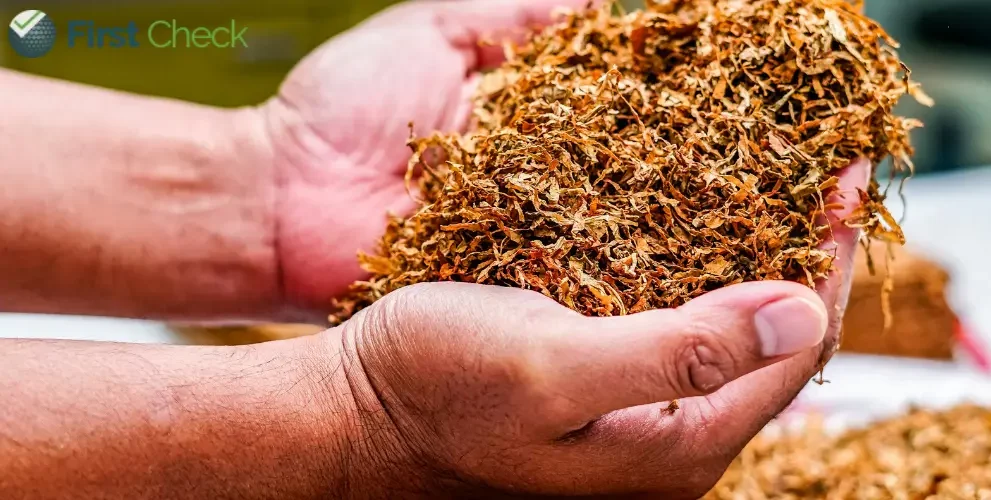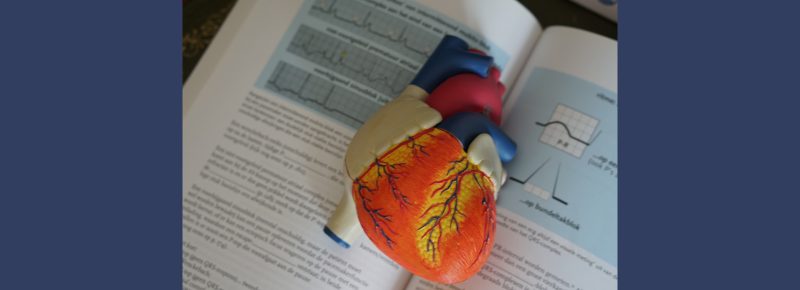FACT CHECK: Is chewing smokeless tobacco a cancer risk?
Author
Author
- admin / 10 months

- 0
- 3 min read

Author
CLAIM:
Chewing smokeless tobacco does not cause cancer.
FACT:
Chewing smokeless tobacco is carcinogenic with oral cancer being the most probable outcome.
45 year old rickshaw puller Manish Chauhan is waiting for his next ride on a hot afternoon in Delhi. While he waits, he turns to a vice he has been indulging in for the past 20 years- chewing a variant of smokeless tobacco, or gutkha, as it is called in Hindi.
When asked if he ever worries about the dangers of chewing tobacco, including the increased risks of cancer, he swats them away.
“Agar khayenge toh andar cancer ho sakta hai. Agar chabaa kar thook denge toh kuchh nahin hoga (If you swallow tobacco, then you could get cancer. But if you chew and spit it out then you are safe),” he says.

Chauhan is not alone. Many believe that smokeless tobacco is safe and does not cause cancer, as long as you don’t ingest it.
Anmol Kumar Chaudhary, 40, an e-rickshaw driver, has been chewing gutkha, which is a mixture of tobacco, crushed betel nut, spices, and other ingredients, for the last two years. He says, to him the gutkha is nothing more than a “mouth freshener.”
“Khaane se kuchh ho sakta hai. Chabaane se nahin (Consuming tobacco might cause harm, but just chewing and spitting it out won’t do anything),” he said, when asked about the harmful effects of gutkha.

However, these claims are far from the truth; a study by the National Library of Medicine has concluded that the SLT leads to cancer.
“Smokeless tobacco consumption, which is widespread throughout the world, leads to oral submucous fibrosis (OSMF), which is a long-lasting and devastating condition of the oral cavity with the potential for malignancy,”. the research published in 2017 found. “Oral cancer rates are increasing due to use of these smokeless tobacco products, in particular among the lower socioeconomic levels that constitute the large majority of the population.”
The US Food and Drug Administration (FDA), on the other hand, has termed smokeless tobacco addictive and containing chemicals that make it “more dangerous than you may think.”
“Smokeless in “smokeless tobacco” does not mean this type of tobacco product is harmless. Although you don’t inhale smokeless tobacco, there are still more than 4,000 chemicals in these products, and as many as 30 of these have been linked to cancer,” the FDA emphasised.
“There is no safe level of smokeless tobacco use. And people who use smokeless tobacco can experience health consequences at any age, even as teenagers. Despite age restrictions on its use, teens are still at risk for the negative effects of smokeless tobacco use, particularly white, rural, teen boys who often see their male role models using ‘dip,’” it warned.









